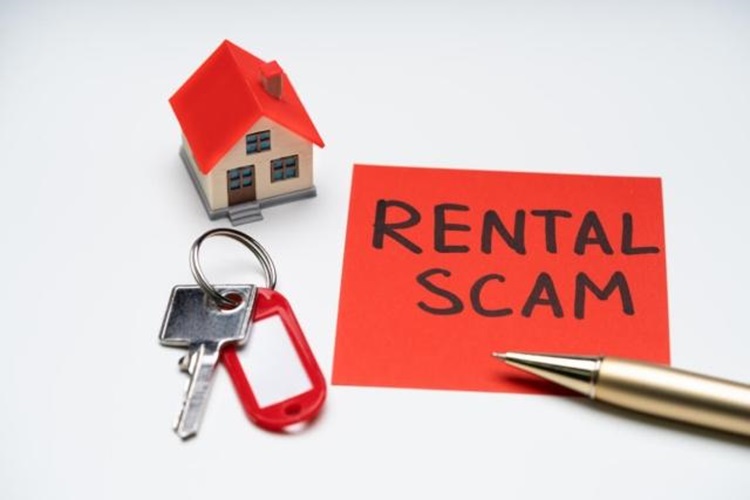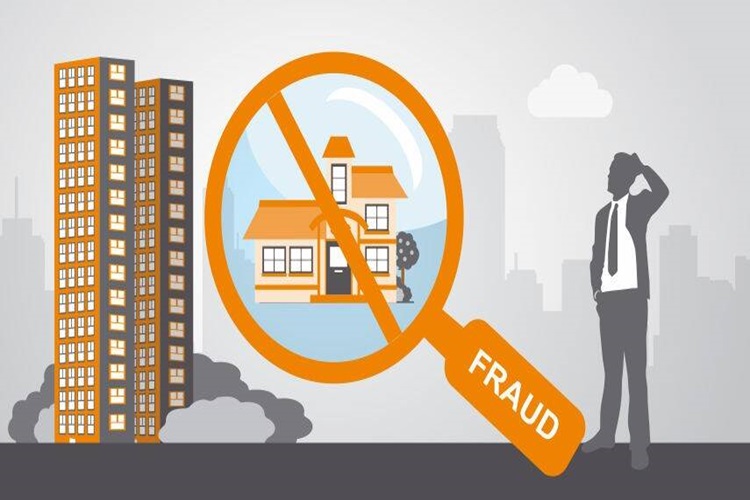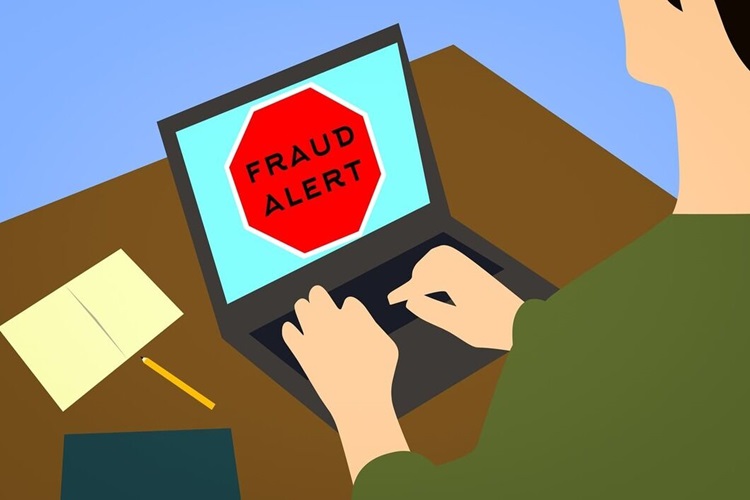
As the digital landscape continues to grow, the real estate market in India has shifted significantly towards online property listings. While this offers convenience and a broader selection for buyers and renters, it also opens the door to various scams. Fraudsters use deceptive tactics to exploit unsuspecting individuals, leading to financial losses and legal troubles. Here are some essential tips for safely navigating the digital real estate market in India and avoiding online property listing scams. 1. Verify the Listing’s Authenticity Before engaging with any online property listing, conduct thorough research to confirm its legitimacy. Look for the following: 2. Watch for Unrealistic Prices Be cautious of listings that offer properties at significantly lower prices than comparable homes in the area. While you might find a good deal, extreme price reductions can be a warning sign of a scam. Research the local market to understand the average pricing in the neighborhood. 3. Inspect the Property in Person Always insist on visiting the property before making any decisions or payments. Scammers may provide misleading information about the property’s condition, location, or availability. A physical inspection allows you to verify the listing’s accuracy and assess the property firsthand. 4. Meet the Landlord or Agent in Person Engaging with the landlord or agent in person can help you gauge their credibility. If they avoid meeting face-to-face or provide excuses about being unavailable, consider this a red flag. A genuine seller or agent will be open to meeting and discussing the property details. 5. Request Detailed Documentation Ask for all relevant documents associated with the property, including: If the seller is hesitant to provide these documents, it could indicate fraudulent activity. 6. Avoid Advance Payments Before Verifying Scammers often pressure potential buyers or renters to make advance payments to secure a property. Never pay any money before verifying the property’s legitimacy and conducting an in-person visit. All payments should be documented and made through secure channels. 7. Check for RERA Registration The Real Estate Regulatory Authority (RERA) requires all developers and real estate agents to register their projects. Always check the RERA registration number for the property and verify its details on the official RERA website. This helps ensure that the listing is legitimate and complies with regulatory standards. 8. Research the Agent’s Background If you’re dealing with a real estate agent, research their background and credentials. Look for reviews, testimonials, or feedback from previous clients. A reputable agent should have a solid online presence and positive references from satisfied customers. 9. Beware of Too Good to Be True Offers Scammers often create attractive offers that lure potential buyers. If you encounter a deal that seems extraordinarily favorable—like a newly renovated property in a prime location at a fraction of the market price—exercise caution. It’s crucial to remember that if something appears too good to be true, it probably is. 10. Document All Communications Keep a record of all communications with the seller or agent, including emails, text messages, and phone calls. Documenting these interactions can be crucial if any disputes arise later. Ensure all agreements are clearly stated in writing and signed by both parties. 11. Use Reputable Online Platforms When searching for properties online, stick to well-known and established real estate websites. These platforms often have measures in place to verify listings and protect users from fraud. Avoid engaging with unknown sites that lack proper verification processes. 12. Report Suspicious Listings If you encounter a suspicious listing or suspect fraudulent activity, report it to the platform hosting the listing and the local authorities. Reporting scams helps protect other potential victims and contributes to a safer digital marketplace. Conclusion Navigating the digital real estate market in India can be convenient, but it also requires caution due to the prevalence of online property listing scams. By conducting thorough research, verifying listings, and maintaining open communication, you can protect yourself from fraud. Always prioritize safety and due diligence when dealing with online property transactions, ensuring that your investment is secure and legitimate.
Read More








